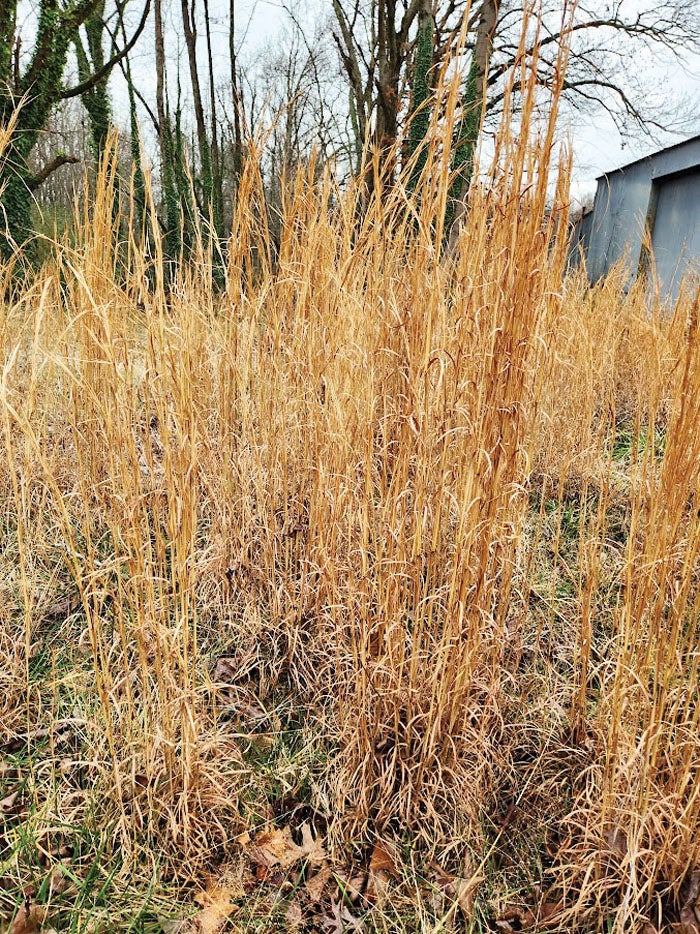Darrell Blackwelder: Broomsedge weeds is good ground cover, but bad for pasture grass
Published 12:00 am Saturday, February 4, 2023

- Broomsedge
A friend of mine asked me about a weed that was all over the county in pastures and along the roadways. It was a rather tall, straw-colored weed that looks almost like an ornamental grass. The grassy weed in question is broomesedge or broomstraw (Andropogon virginicus). A vigorous plant is often used as a groundcover in some wildlife managed areas. Florists often use this weed as an addition to natural floral arrangements. The plant also supports various species of butterflies and the seed are consumed by songbirds and small mammals. This plant also supports various species of skipper butterfly larvae and providing excellent cover year-round for butterflies and other insects. Seeds are eaten by songbirds and small mammals. The plant is easy to grow requiring almost no nutrition and requires no fertilization for maximum growth. It is resistant to deer as well as damp soil conditions and has no disease or insect problems
However, agriculturally, broomsedge is considered a noxious weed. The warm-season weed discourages pasture grasses to sufficiently grow as a food source for cattle. Livestock farmers regard broomsedge as a red flag of a low soil fertility and poor growing conditions. Growers constantly test the soil to correct this problem to avoid competition with pasture grasses. There are no good herbicide options to adequately control broomsedge. Interesting enough, correcting and maintaining proper soil fertility controls broomsedge in pastures and other commercial plantings. Go to https://caldwell.ces.ncsu.edu/2019/04/594589/ or more detailed information about broomsedge.
Darrell Blackwelder is the retired horticulture agent and director with the North Carolina Cooperative Extension Service in Rowan County. Contact him at deblackw@ncsu.edu.



